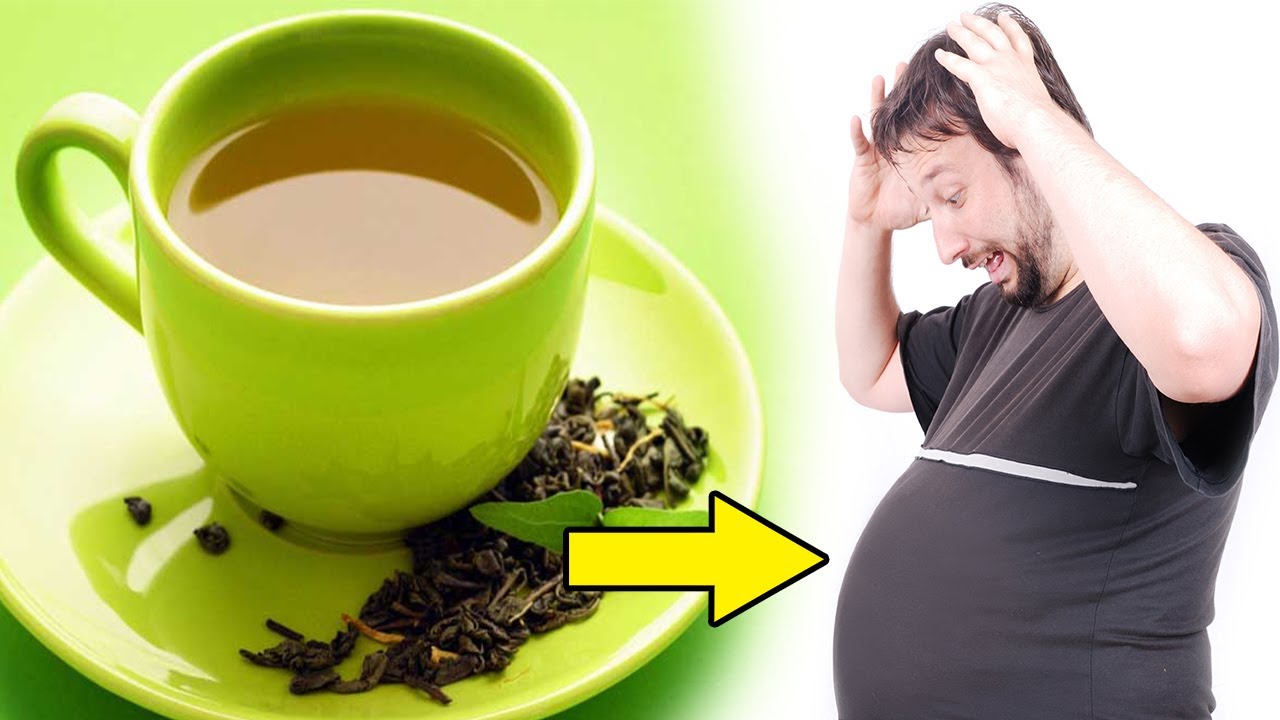Biological aging can be thought of as a progressive decline in the function of the cells of an organism, ultimately resulting in senescence, a state in which proliferating cells become resistant to growth-promoting stimuli. The number of senescent cells increases with age.
Dr. Rohit Sharma from CSIR-Institute of Himalayan Bioresource Technology, Palampur INSPIRE Faculty Fellow of the Department of Science & Technology (DST), Government of India working on the molecular basis of biological aging, identified natural therapeutics that may curb some of the deleterious effects of aging.
His research on cellular senescence and its role in the pathogenesis of aging and associated disorders has provided the first experimental evidence that bioactive components in green tea, as well as certain probiotic bacteria, can attenuate several facets of cellular senescence and thus augment healthy aging.
These findings published in the journals ‘Biogerontology’ and ‘Probiotics & Antimicrobial Proteins’ can advance the understanding of the beneficial effects of product derived from food sources or nutraceuticals on aging biology.
He has also systematically identified novel combination of tea catechins and probiotic bacteria that act as a second-generation synbiotic and improve immune responses during aging. This has great potential to develop as a functional food, and thus an international patent has been filed.
